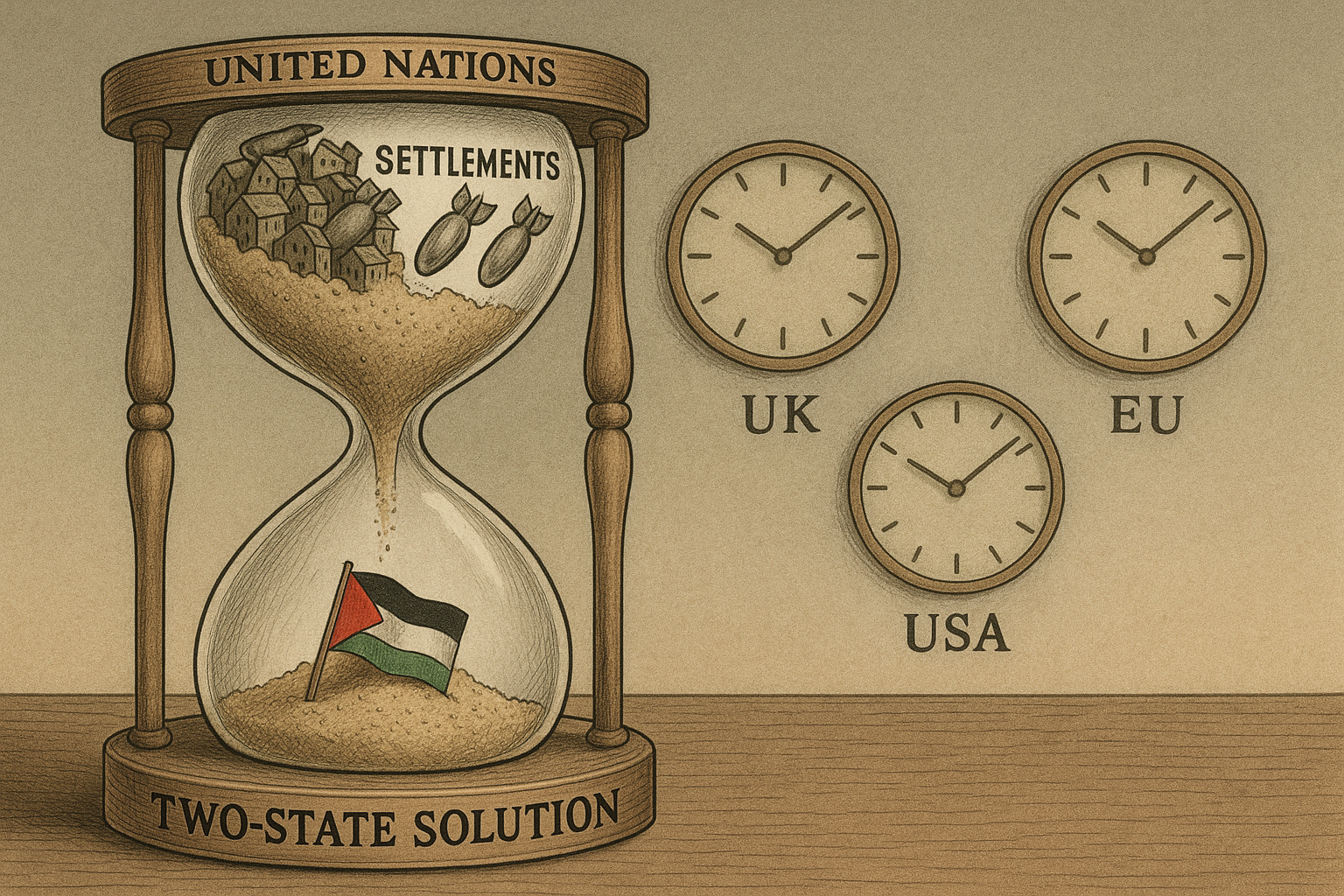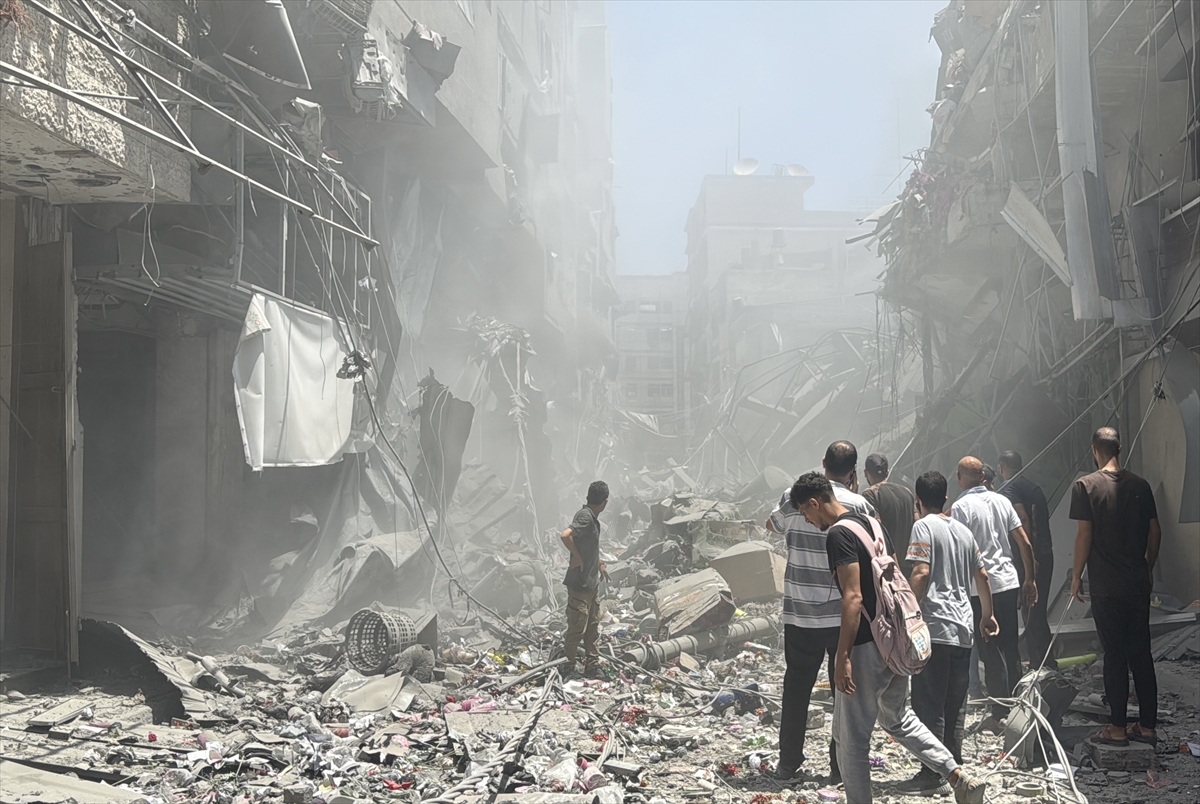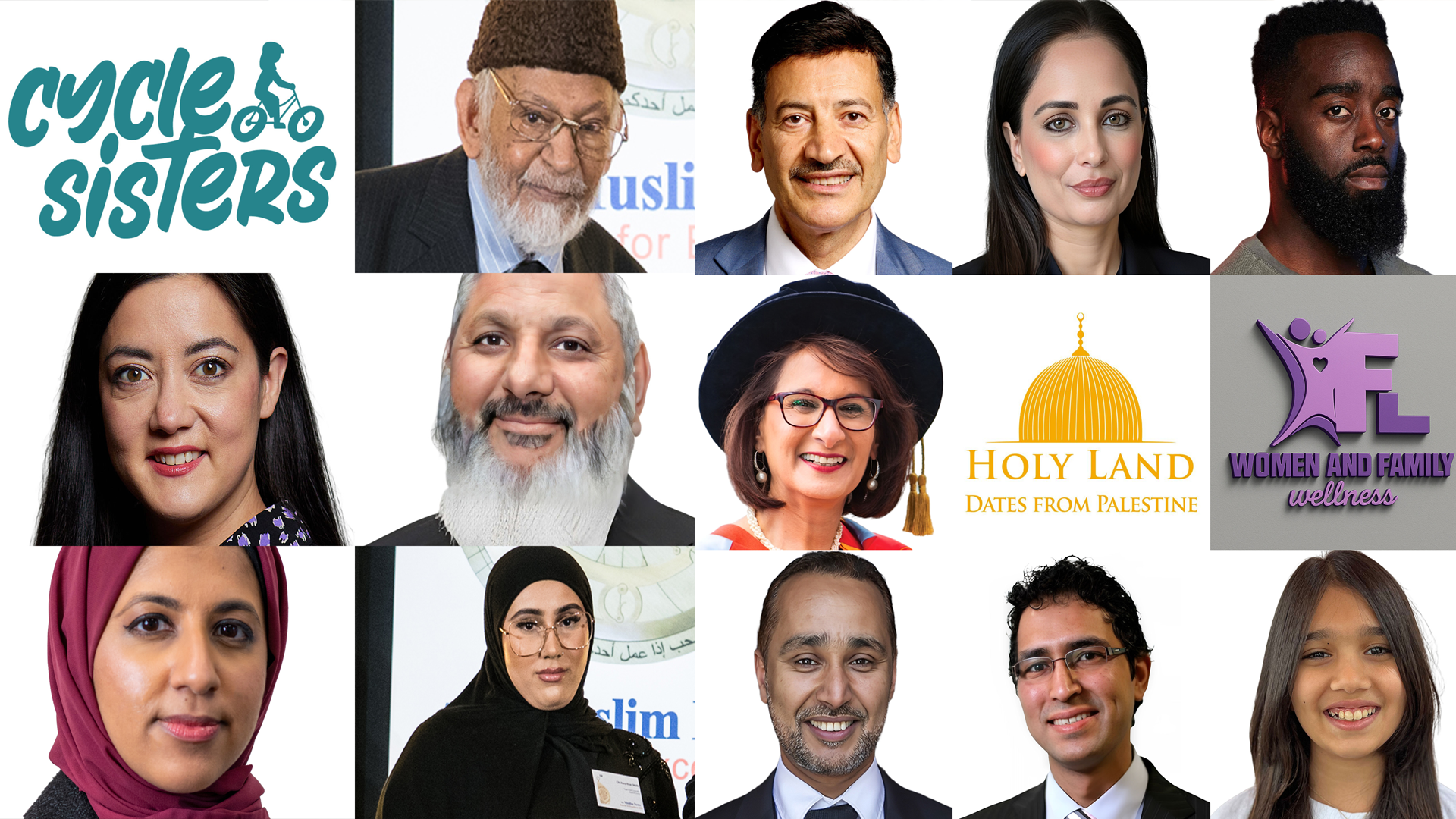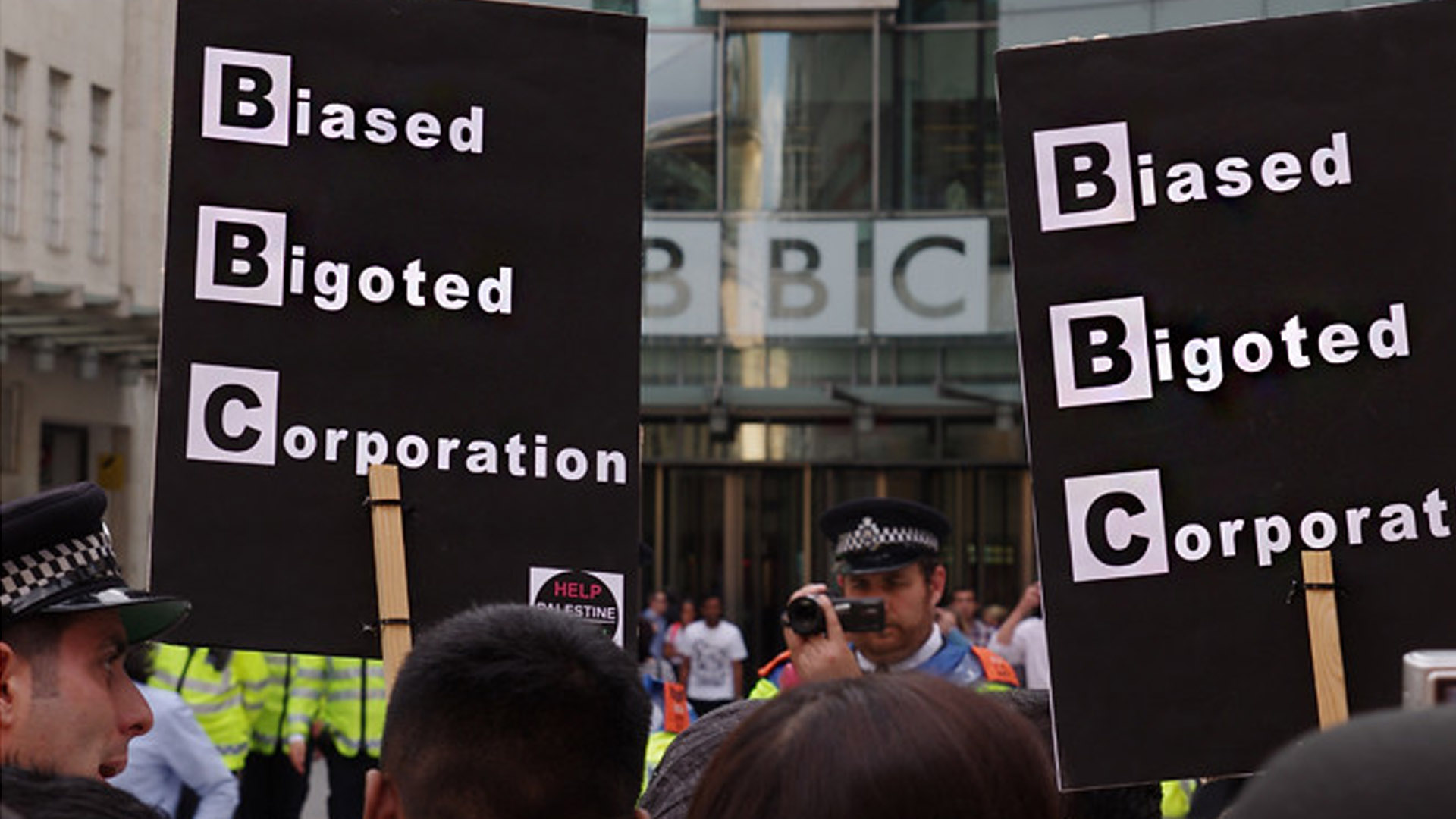
In recent weeks, the UK government has intensified its rhetoric on the worsening humanitarian catastrophe unfolding in Gaza. Senior cabinet members, including the Foreign Secretary and Health Secretary, have spoken out. Yet Prime Minister Keir Starmer has conspicuously avoided directly condemning Israel for its actions—actions that have resulted in the deaths of over 18,000 babies and children.
Not only has Starmer declined to censure Israel, but he has also refused to grant entry to injured Palestinian children in urgent need of life-saving medical treatment in the UK. His most forceful remarks to date came on July 24, when he declared, “The suffering and starvation unfolding in Gaza is unspeakable and indefensible. While the situation has been grave for some time, it has reached new depths and continues to worsen. We are witnessing a humanitarian catastrophe.”

This stark characterisation is tragically borne out by grim facts on the ground. Recent reports reveal that starvation has become a leading cause of death in Gaza, with over 127 deaths attributed to starvation in the past weeks—more than 85 of them children. Médecins Sans Frontières has reported a tripling in severe malnutrition among children under five within just two weeks at its Gaza City clinic. Meanwhile, the World Food Programme warns that nearly one-third of Gaza’s population is going without food for days, with 90,000 women and children urgently needing treatment. The blockade has rendered food effectively unavailable even for those who can afford it, forcing families to barter or sell possessions to survive. These are not isolated hardships; they represent a systematic strategy of deprivation and collective punishment.
Yet even this undeniable humanitarian emergency has not prompted the UK government to take concrete action. There was no mention of sanctions—economic or military—against Israel. This stands in sharp contrast to the UK’s swift and decisive response to Russia’s invasion of Ukraine. Such a glaring double standard has not gone unnoticed. Israel appears to operate with impunity, knowing that its key allies in the US, UK, and Europe will offer words only.
What is now emerging from Israeli government circles, however, exposes the extent to which this impunity has enabled not only mass death but also the open implementation of policies widely condemned as ethnic cleansing.
On July 10, Israeli Defence Minister Israel Katz announced a plan to transfer 600,000 Palestinians into a so-called “humanitarian city” built on the ruins of Rafah. The longer-term aim, he admitted, is to house the entire Gaza population—over 2.1 million people—within this single area under strict Israeli control. Palestinians would be screened, movement would be restricted, and no one would be allowed to leave. Katz further revealed Israel’s intention to “encourage voluntary emigration”—language critics say masks a policy of forced population transfer through coercion and deprivation.
This is not speculation. This is strategy.
Former Israeli prime ministers have sounded the alarm. Yair Lapid condemned the plan as tantamount to constructing a concentration camp: “If exiting it is prohibited, then it is a concentration camp.”
Similarly, Ehud Olmert warned it was part of a deliberate campaign of ethnic cleansing.
Between April and July alone, over 12,800 buildings were demolished in Rafah, bringing the total to nearly 28,600 destroyed structures in the area—part of what rights groups say is the physical clearing of land for mass containment and eventual expulsion.
UN officials, legal scholars, and humanitarian experts have denounced the policy as a “blueprint for crimes against humanity.”
Philippe Lazzarini, head of UNRWA, described it as a “second Nakba” in the making, warning that Israel was creating “massive concentration camps at the border with Egypt.”
Amos Goldberg, a leading Holocaust historian, said the strategy constitutes ethnic cleansing, while analyst Omar Rahman noted that by inducing starvation and displacement, Israel seeks to “collapse Palestinian society” in order to engineer “voluntary” emigration.
Until recently, such views were expressed cautiously, if at all. Today, they are openly shared across Israeli society. Far-right politicians are even entertaining fantasies of a “Gaza Riviera” once the Palestinian population has been removed—a grotesque vision of ethnic cleansing repackaged as beachfront redevelopment.
Against this backdrop, Starmer’s repeated commitments to recognising the State of Palestine — a stance that has recently gained media traction — ring increasingly hollow. On July 25, he stated, “We are clear that statehood is the inalienable right of the Palestinian people.” Yet he immediately qualified this with a caveat, “A ceasefire will put us on a path to the recognition of a Palestinian state.” In effect, recognition is made conditional upon a long-term ceasefire — a condition the current Israeli government, with the backing of the US, firmly rejects. This deferral risks rendering recognition perpetually hypothetical.
Even more troubling is the lack of clarity around the nature of the state Labour envisions. Will it align with the UN framework based on 1967 borders, East Jerusalem as its capital, and the right of return for Palestinian refugees? Will it require the dismantling of illegal Israeli settlements? No details have been offered — perhaps intentionally.
Justice Secretary Shabana Mahmood, the highest-ranking Muslim in Starmer’s Cabinet, echoed this caution in The Times on July 24: “What we want to do is make sure that recognition takes place in a way that supports a peace process, which is the thing we need urgently.” This again signals deferral, not urgency.
At The Muslim News Awards for Excellence Gala Dinner on July 14, Labour’s Wes Streeting offered a more urgent warning: “We must recognise the state of Palestine while there’s still a state left to recognise.” Yet even this statement stops short of pushing for immediate, unconditional recognition.
The growing media focus on the UK’s recognition of Palestine is a red herring, one that deflects attention from the immediate reality on the ground. Palestinians continue to face bombardment, starvation, displacement, and mass killings. The Israeli government’s strategy—to herd Gaza’s population into Rafah and effectively imprison them there unless they emigrate—is no longer a covert plan. It is openly discussed by cabinet ministers. The objective of emptying Gaza of its native population is not speculation—it is policy.
The prospects for Palestinians are profoundly alarming. Thousands more civilians—including children—face imminent death or debilitating injury, while the international community, particularly Western governments, conspicuously averts its gaze. As repeatedly highlighted in these pages, there is a discernible erosion of the West’s moral and legal obligations when the victims fall outside its borders.
On the solemn occasion marking the 30th anniversary of the genocide of Bosniak Muslims in Srebrenica, a stark reminder emerges of how international silence and inaction enabled those atrocities. Tragically, that same silence now envelops Gaza, permitting grave violations of international humanitarian law to proceed with impunity.
At the 21st The Muslim News Awards for Excellence event on July 14, we honoured the resilience and achievements of British Muslims, even as they endure immense pain from crises both at home and abroad. The Editor of The Muslim News reminded attendees, “British Muslims continue to put their best foot forward and excel across all areas of society, despite enduring deep pain both at home and abroad. As we demand justice at home, we must also confront our double standards abroad. This month marks 30 years since the Srebrenica genocide. It was a grim lesson—silence in the face of genocide is complicity. The same silence now echoes in Gaza.”
While Israel continues to kill innocent civilians, Western governments with the power to act remain disturbingly passive. Floating the idea of recognising a Palestinian state — without a corresponding shift in policy, without concrete steps to halt the violence, uphold justice, and end decades of occupation — renders such gestures hollow. Worse still, it becomes a convenient distraction, allowing leaders to signal concern while evading accountability.
Recognition alone cannot substitute for action. To endorse Palestinian statehood while refusing to hold Israel accountable is to legitimise the very conditions that make such a state impossible. Without meaningful pressure, consequences, and a sustained commitment to justice, the promise of a two-state solution is not only unattainable — it is a political illusion.
If the UK and its allies are serious about peace, they must move beyond rhetoric. Anything less reduces their stance to a farce — a hollow performance that masks complicity in the ongoing erasure of a people’s rights, dignity, and future.
(Feature image: AI-generated via ChatGPT)
READ MORE
British Medical Association severs ties with Israeli counterpart over Gaza offensive
Meta hit with suit over pro-Palestinian censorship
Rangers fans voice opposition to Israeli player signing amid Gaza genocide allegations
Tony Blair’s think tank linked to controversial ‘Trump riviera’ Gaza redevelopment plan
UK’s largest Jewish representative body suspends five deputies over criticism of Israel


